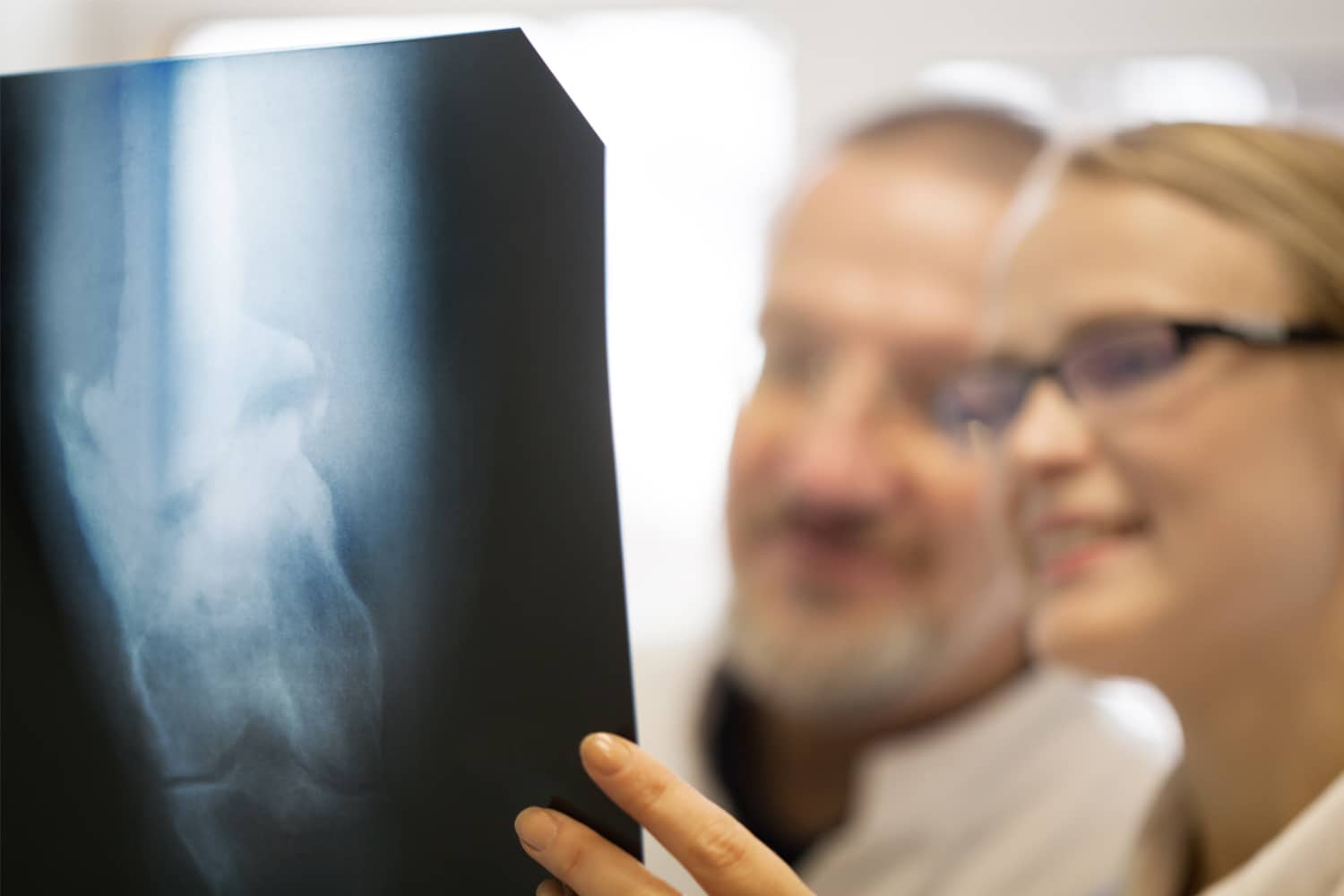Unicompartmental knee arthroplasty (UKA) has a long history, but has not been established as a treatment at the same level with total knee arthroplasty (TKA).
The professional societies play a major role in advocating improving practices and surgical behaviour that can benefit patients worldwide. The British Association for Knee Surgery (BASK) and the EKS (European Knee Society) collaborated in a study that would provide consensus on unicompartmental knee replacement. Eighty delegates from both societies participated in the exercise.
There is an increasingly large body of evidence that informs clinicians and their patients about the benefits of UKA, a patient’s eligibility for the procedure and optimal outcomes from this surgery. Based on this evidence, the exercise aimed to provide clear and consistent statements on UKA that should form the basis of optimal care provision.
The BASK and EKS Consensus statement: Guidelines for UKA practice
- UKA should be offered as a successful alternative to TKA in patients undergoing arthroplasty who meet agreed indications.
- When consenting a patient for UKA, information including the benefits and risks that are specific to UKA, should be tailored to and discussed with the individual patient.
- Evidence suggests that surgeons should avoid low-volume use of UKA to optimise outcomes for the patients.
- Surgeons should use the contemporary evidence-based indications and contraindications for medial UKA.
- Knee arthroplasty surgeons should have exposure to and training in UKA.
In summary, the individual guidelines agreed suggest that patients should be offered UKA as a successful alternative to TKA if they met agreed indications and that the benefits and risks should be tailored to and discussed with the individual patient. Surgeons should avoid low-volume use of UKA to optimise outcomes for their patients and use the evidence-based contemporary indications and contraindications for medial UKA. Knee arthroplasty surgeons should have exposure to and training in UKA.
The Societies believe that the statements should be widely adopted within the healthcare sector and will support surgeons and care providers in developing and improving practice.
